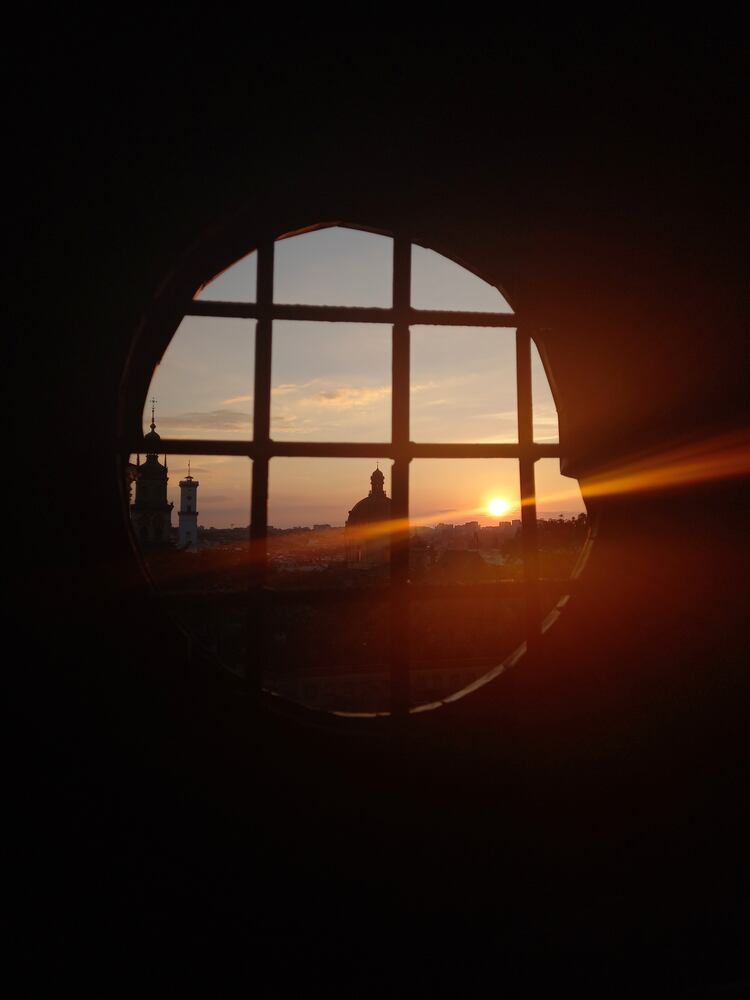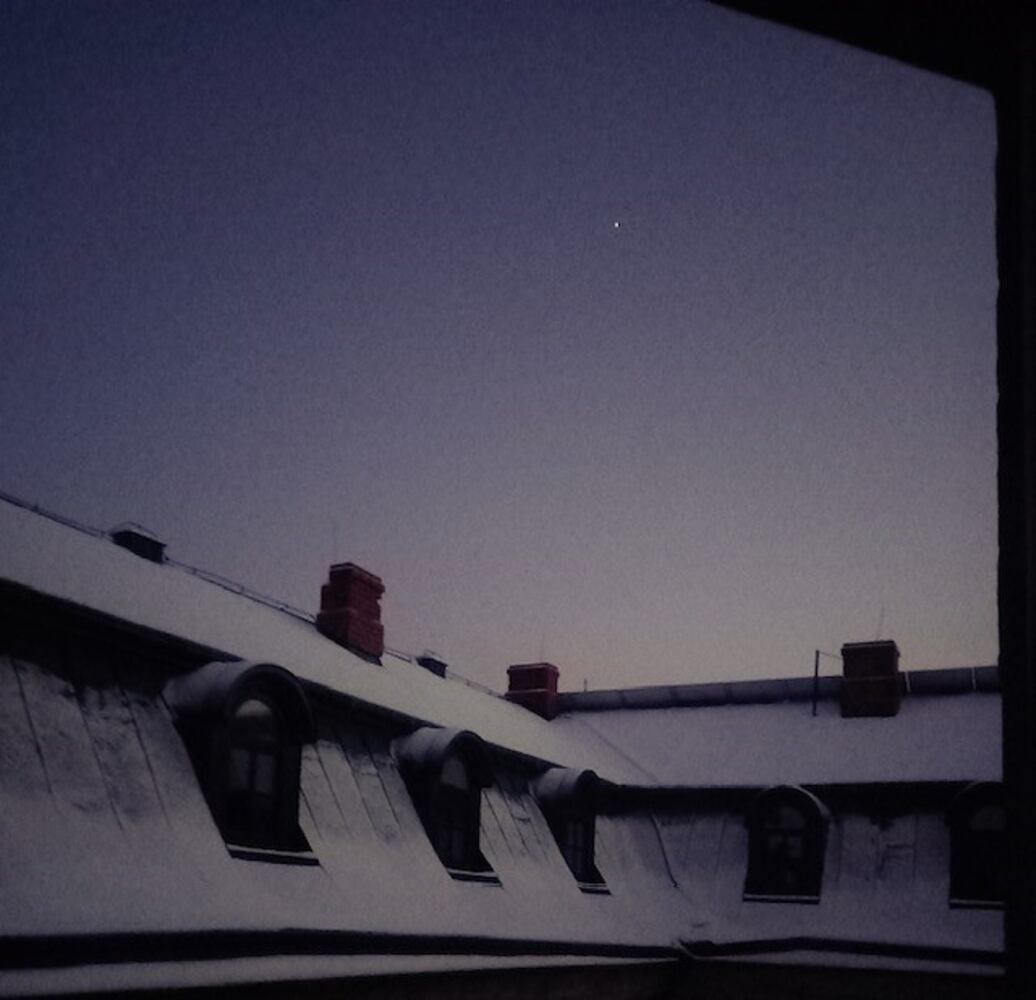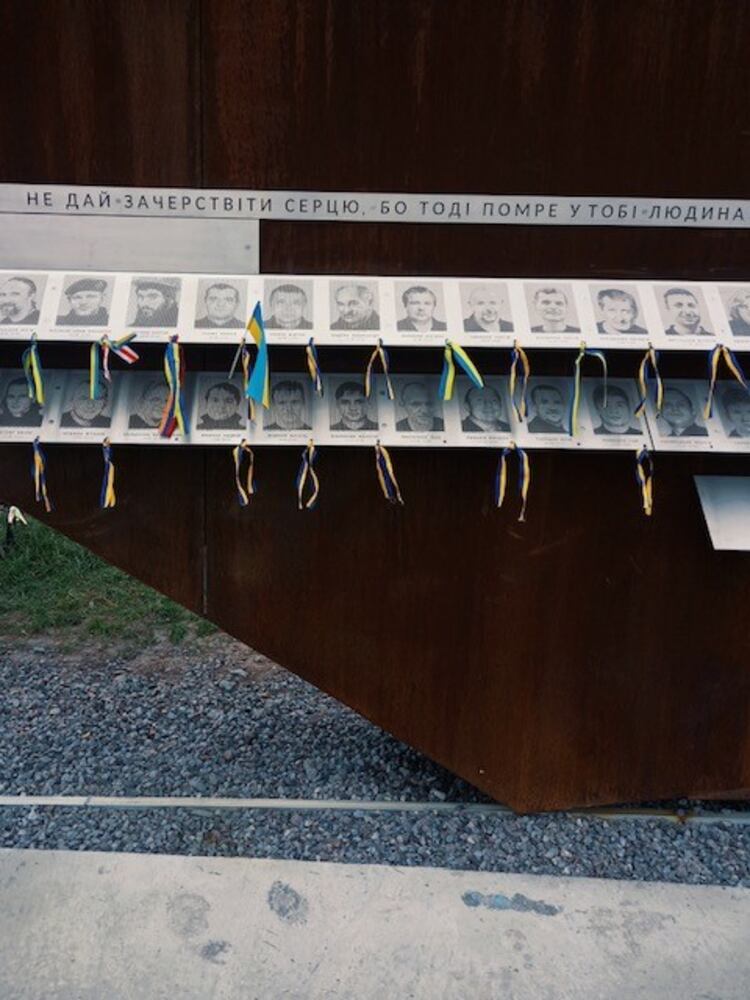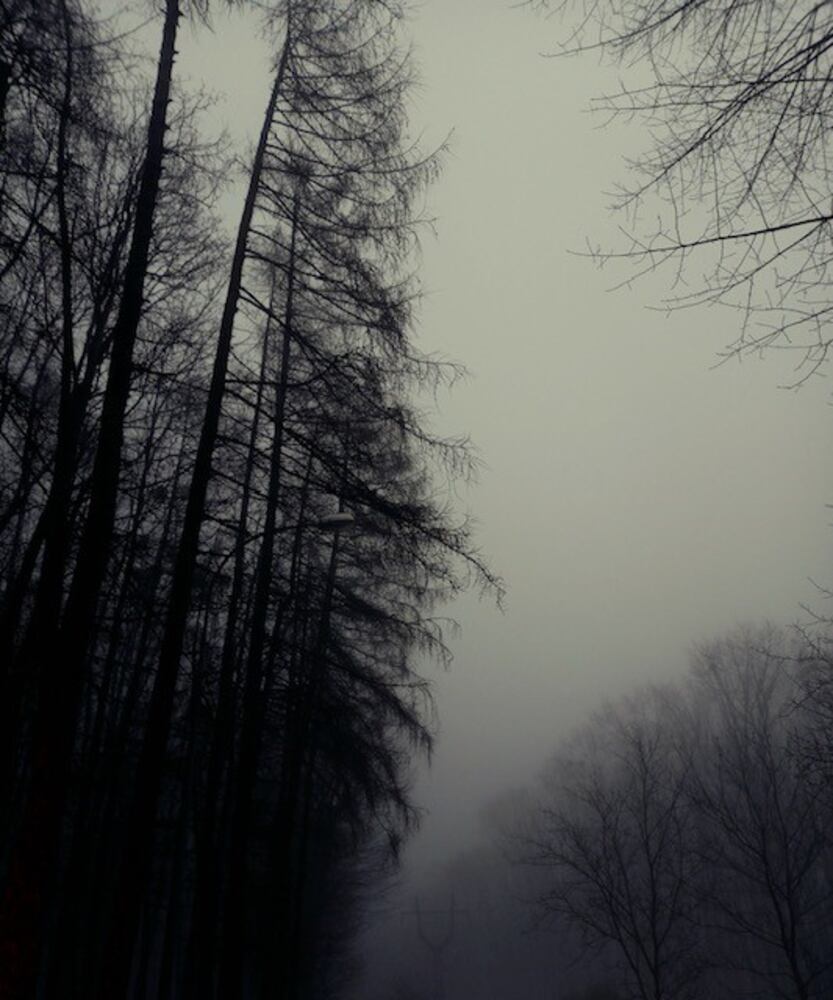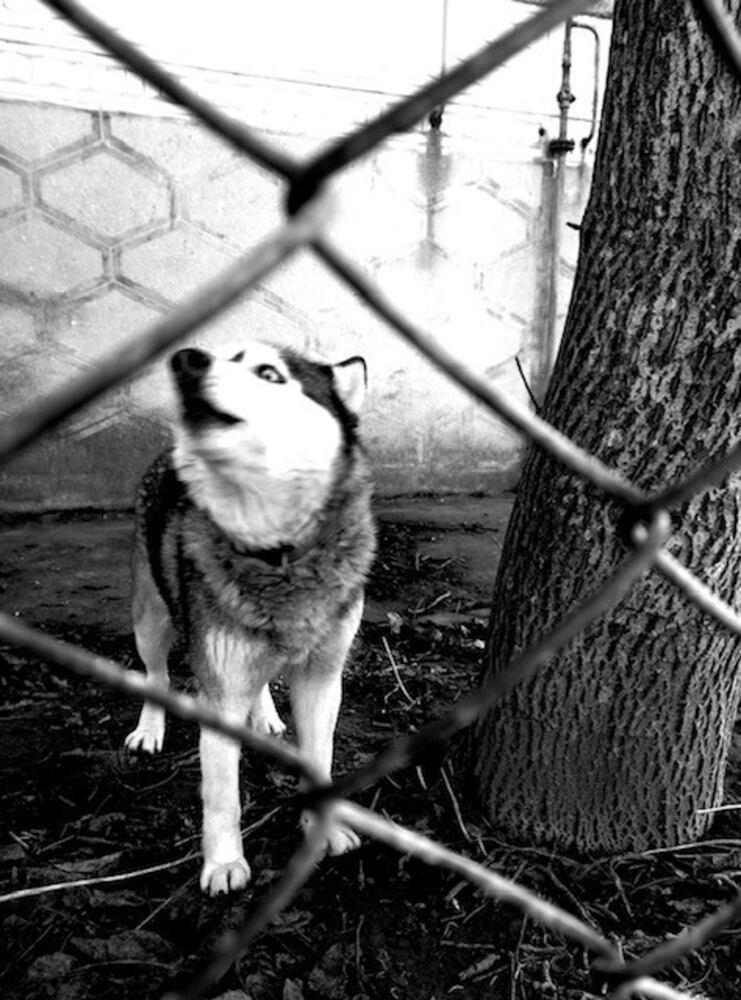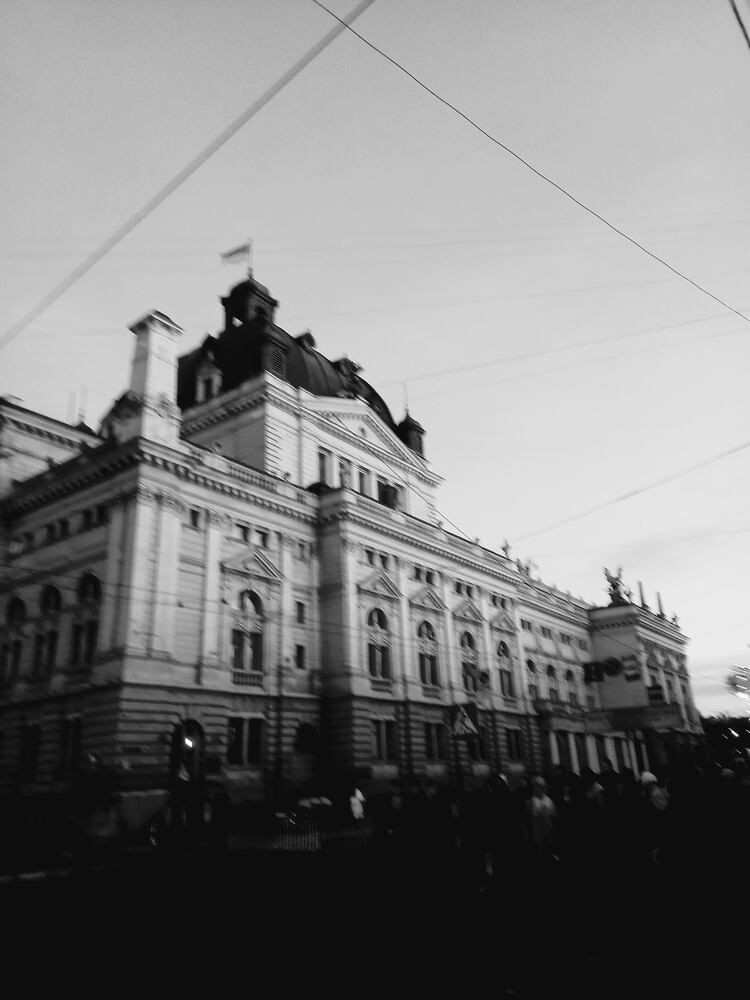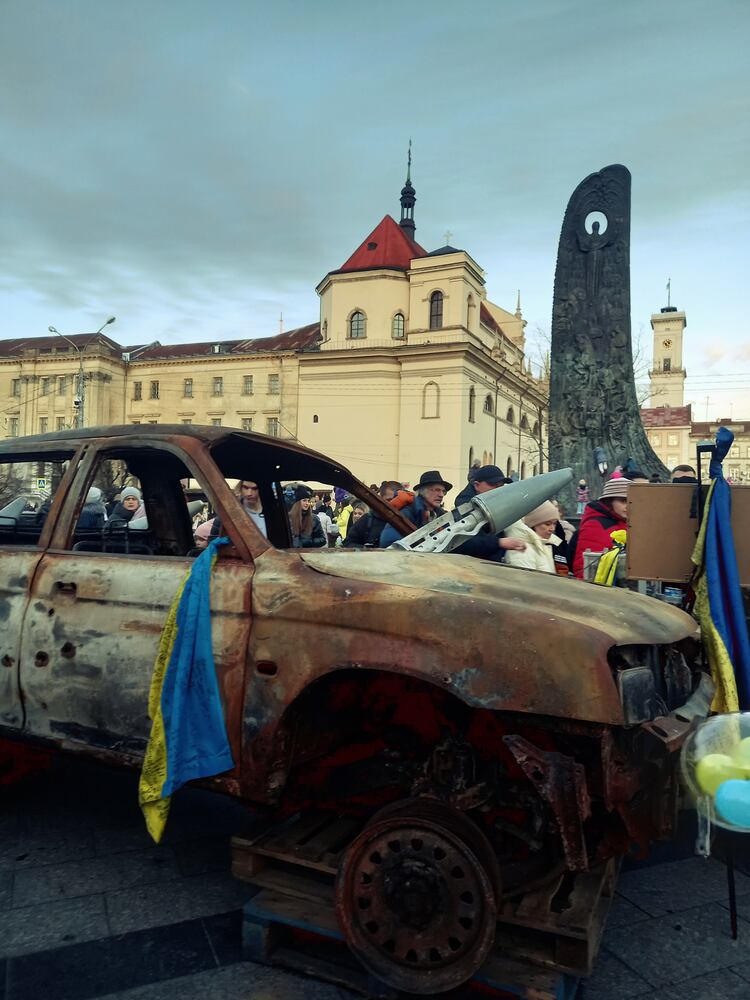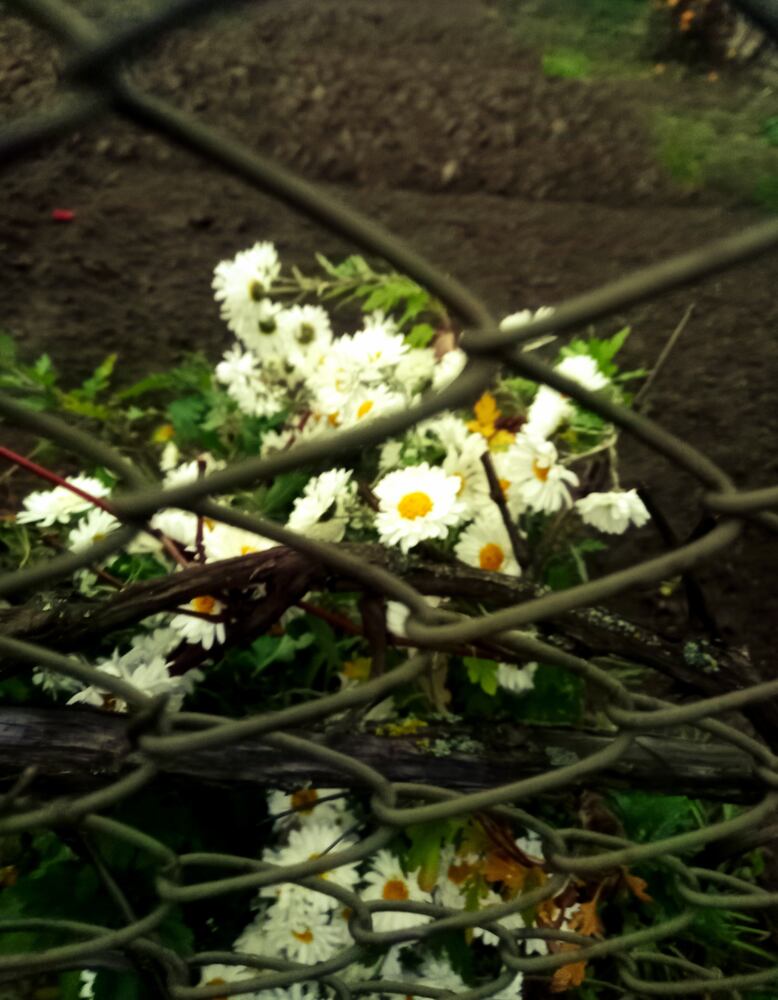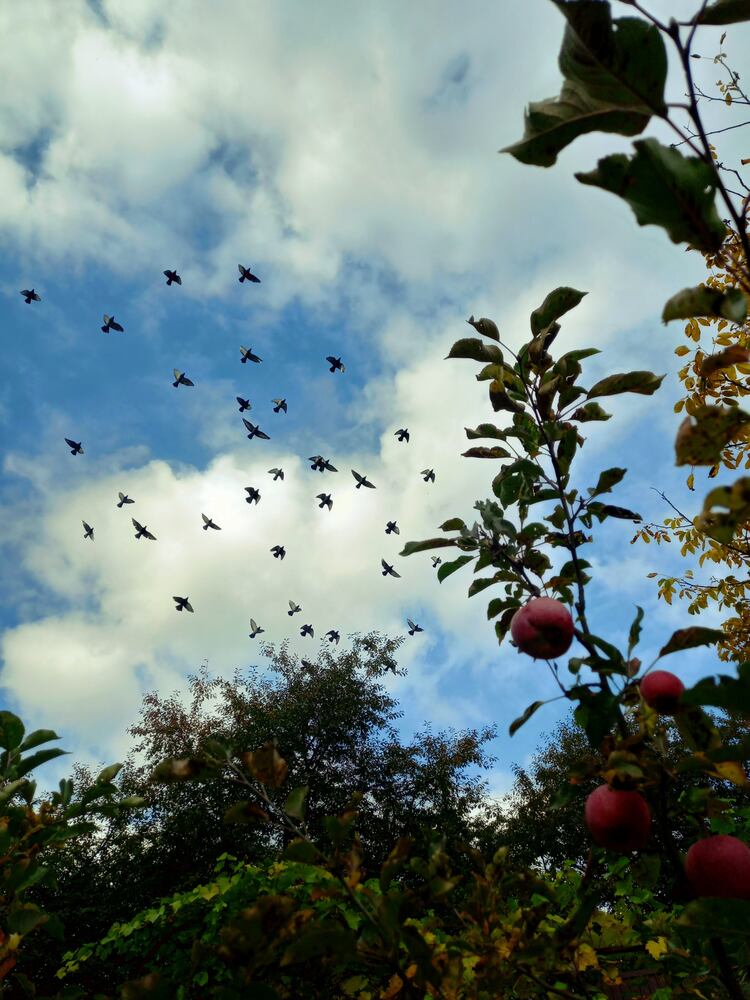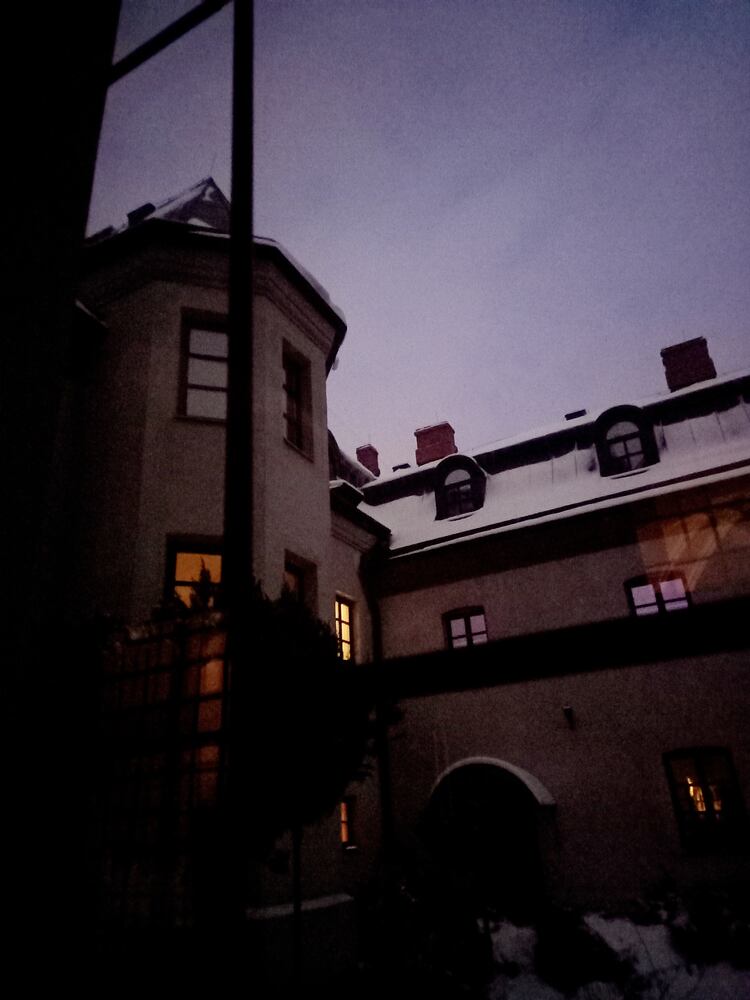A young photographer in Lviv, Ukraine, urges us to fight the temptation to shrug and look away, especially now, as the initial shock of the Russian aggression has faded and support for aid appears to be waning in some spheres.
Yarema Semaniv, 24, studies theology at Ukrainian Catholic University and plans to pursue a post-graduate degree in psychology. I stumbled upon his Instagram account last year just after the Russian occupation started. Yarema’s photos struck a different, more sensitive nerve than did the images of abject misery and violence I was seeing on my screens. Somehow, they seemed more real.
We recently talked via Zoom about photography, war and creativity as a necessary spiritual balm. Yarema likes to shoot at night when, he said, it’s easier to tune in to “big things in small moments,” and find solace in self-expression.
He said life in his city is quiet for now, though “normal” would be an overstatement. In western Ukraine, Lviv is one of the country’s safer cities. Because he’s a student, he does not have to fight (so far), though he’s willing to do so. No one close to him has been injured or killed. Still, I was struck by a weighty sobriety that belies his age and “baby face.”
Yarema’s most urgent message to Americans is one of gratitude – not just for weapons and aid, but for attention. For not tuning out. His face lit up like a Broadway marquee when he talked about President Biden’s recent visit.
He also wants readers to know that people in his country are more unified than ever. Absolutely everyone appreciates and supports President Volodymyr Zelenskyy, a somewhat divisive figure before the attacks, he said. People who’ve spoken Russian for their whole lives now speak Ukrainian.
“It’s important to know the difference between Russia and Ukraine, that we have our own culture and ways, and what we are fighting for – independence and democracy,” he said. “Ukrainians are beautiful and strong, and I am very proud of us.”
The pandemic has taught many of us, I suspect, to “tend our own gardens”; to narrow our focus to what we can control and protect in our immediate environment. That’s necessary, to a point. But our lives became so much smaller over lockdown, our nervous systems too accustomed to fear and uncertainty. I fear we’re far too good at insulating ourselves, to the detriment of community — which is hard enough to maintain locally, let alone globally.
So maybe we take community where we can get it, and rethink our ideas about social media and ways of staying “tuned in.” I’ll admit to never truly understanding the idea that art can save the world. But I’ve learned that even — maybe especially — we amateur artists have a lot to gain from simply seeing each other, being curious, and revealing ourselves not only to others, but to ourselves. If art can’t save the world, at least it can make us a little less lonely, and a little more hopeful.
Kathi Kizirnis is a copy editor for the Dayton Daily News, Springfield News-Sun and Hamilton Journal-News. Find Yarema Semaniv on Instagram at @yarema.semaniv to see more of his photos.
About the Author


